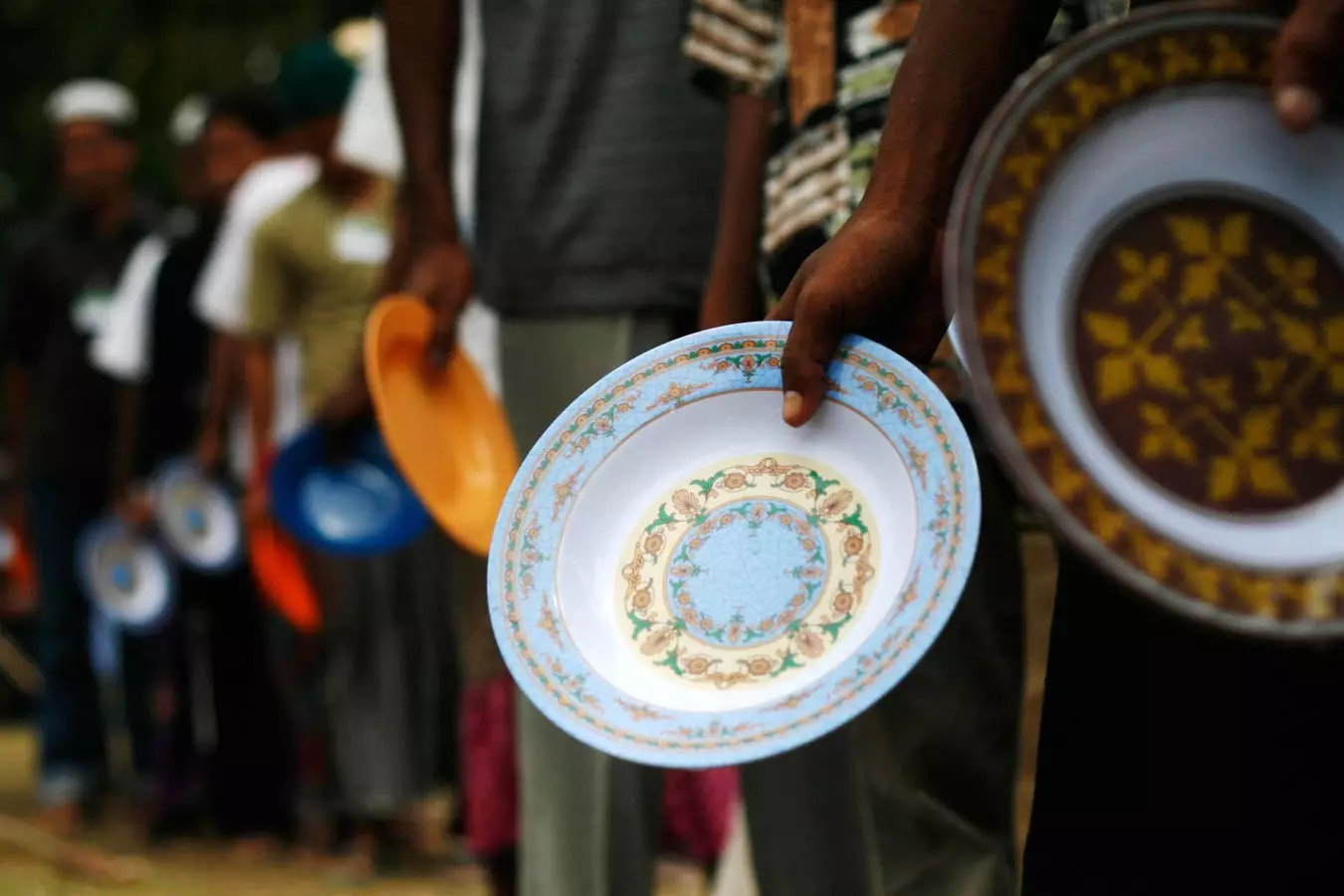The latest State of Food Security and Nutrition in the World (SOFI) report paints a sobering picture of global progress—an uneven and highly fragile advancement that exposes the deepening cracks in our collective moral contract. While some regions display modest improvements, the overarching narrative reveals a disturbing trend: the world is drifting further away from ensuring equitable access to nourishing food for all, especially the vulnerable and marginalized populations. The report’s grim assessment challenges us to confront an uncomfortable truth—our current trajectory is insufficient, and without urgent, transformative action, millions will continue to suffer unnecessarily.
What is most profound is the framing of this crisis not as a simple matter of food scarcity but as an indictment of systemic inequality. Oxfam’s Emily Farr encapsulates this sentiment powerfully, describing it as “the collapse of a moral contract.” It is a stark reminder that food insecurity is less an issue of resources and more a reflection of the profound disparities deeply embedded in our global economic and political structures. In this framework, food has become a commodity for the privileged, leaving behind those in the greatest need. This moral failure should galvanize action rooted not just in technical fixes but in a fundamental reordering of priorities—where justice, dignity, and shared humanity guide our efforts.
Slow Progress——And the Widening Inequality Gap
While the statistics might suggest a glimmer of hope—global hunger rates decreasing from 8.7% in 2022 to roughly 8.2% in 2023—these numbers mask a much more troubling reality. Nearly one-third of individuals worldwide are still unable to afford a healthy diet. Such figures demand a critical eye: modest changes do not translate into meaningful progress when millions remain in precarious food insecurity. The decline is so gradual that it risks masking the urgency of the crisis itself.
Furthermore, this progress is far from equitable. Women, often the backbone of food production and household nourishment, continue to face disproportionate hurdles. The gender gap in dietary diversity is widening again: roughly one-third of women aged 15-49 are unable to meet minimum dietary standards. This regression underscores entrenched gender inequalities that undermine not just individual health, but the very fabric of community resilience.
The disparity is even more stark when examining regional differences. Southeast Asia and South America showcase signs of improvement, yet Africa tells a different story—one of regression. The number of Africans unable to afford healthy diets has soared from 864 million to over a billion. The continent’s food insecurity levels are alarmingly high, with disparities so severe that African nations now bear a disproportionate share of undernutrition globally. By 2030, Africa is projected to host 60% of all chronically hungry people worldwide—a tragic forecast that underscores the urgency of targeted, region-specific interventions.
Lessons from Brazil and the Power of Political Will
Amidst the bleak landscape, certain success stories shine as beacons of hope. Brazil’s remarkable turnaround in food security since 2022 provides a compelling case for the transformative power of political commitment. In just a few years, Brazil reduced food insecurity from over 70 million people experiencing moderate or severe hunger to fewer than 30 million—an astounding two-thirds decline. Key policies underpinning this shift include local sourcing of school meals, increased minimum wages, robust support for smallholder and Indigenous farmers, and a commitment to the legal right to food.
This example proves that hunger is not an intractable problem; rather, it is a challenge driven by political will and strategic policymaking. By prioritizing sustainable, community-centered approaches, Brazil demonstrated that meaningful change is possible even in complex contexts. The focus on local agroecological solutions, social safety nets, and the recognition of food as a human right are approaches that all nations fighting hunger should emulate. The lesson is clear: —transformative political leadership and dedicated investment can rewrite the narrative of food insecurity from despair to hope.
Ground-Level Action and the Road Ahead
While global institutions debate the merits of open trade, data sharing, and sustainable investment, it is critical to recognize that sustainable solutions must be rooted in local realities. Understanding community-specific needs and empowering those most affected by hunger is the only way to catalyze ongoing progress. This involves investing in smallholder farmers, supporting local food systems, improving infrastructure, and fostering policies that prioritize access over profit.
The stark contrast between Africa and other regions underscores this point. In Africa, economic access remains the primary barrier, demanding innovative solutions tailored to local contexts. Investing in rural infrastructure, education, and social safety nets can dramatically alter the landscape of food security. Moreover, fostering regional cooperation and knowledge exchange can accelerate progress, transforming isolated successes into scalable models.
The overarching challenge remains: how do we accelerate progress fast enough to meet the ambitious targets of 2030? The answer is simple in concept but complex in execution. It requires that governments, civil society, and private sectors unite behind a bold vision—one where hunger is eradicated not through incremental steps but through revolutionary change. Such change hinges on a recognition that food security is a societal mandate—an ethical obligation that cannot be delayed without grave consequences for humanity’s future.

